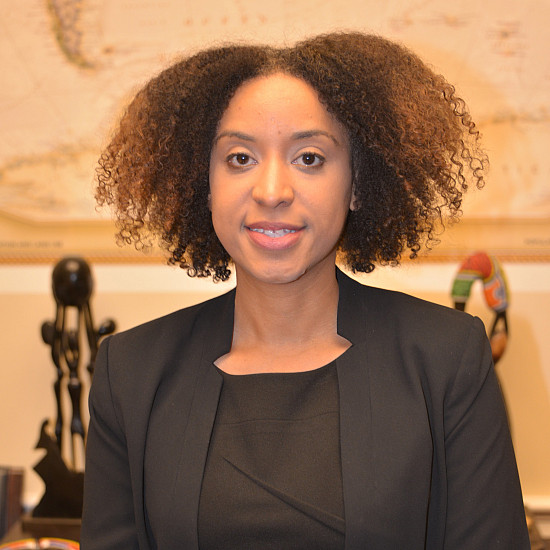BA • Minor
Anthropology
Anthropology

The study of culture and what it means to be human.
Everyday life in a globalizing world. Design your own fieldwork research project. Engage with contemporary issues that affect you.
The most cutting-edge and interdisciplinary field in the social sciences, anthropology examines everyday life and ways of thinking that shape our identities. We look at the wide diversity of identities within and across cultures globally.
Find the freedom to combine the mind-shifting experiences that come with a deep immersion in a foreign culture with political action, philosophical meditation, creative writing, new exciting theories, video production, and music performances.
Flexibility of Focus
In what other major can you study Japanese anime, organized crime, social justice and activism, magic and witchcraft, gender politics in Nigeria, drag performance, noise music, urban violence, material culture, and drug addiction? Our anthropology courses focus on topics that, even if they first appear exotic, are directly relevant to our everyday lives.
We dig deep to find the concerns relevant to us all—capitalism, neoliberalism, globalization, science and technology, precarity, religion, activist politics, the arts, and the role that language plays in our thinking.
Power of Observation
Anthropologists are compassionate: we study people face-to-face, and we are just as vulnerable as the people we study.
Anthropology’s unique contribution to the social sciences is ethnography—participant observation fieldwork or making long-term observations of life in a particular scene as it occurs—and getting involved. Rather than surveys and statistics, ethnography means hanging out and finding your way within the full density and complexity of the scene you are studying.
Study Topics
- urban anthropology
- capitalism and alternative economies
- gender and sexuality
- queer theory
- religion
- material culture
- language and culture
- ethnomusicology and sound studies
- documentary and ethnographic film
- cultural studies
- experimental ethnographic writing
- biopolitics
- cultural geography
- media activism
- magic and witchcraft
- performance studies
- youth culture and subcultures
- Asian studies









